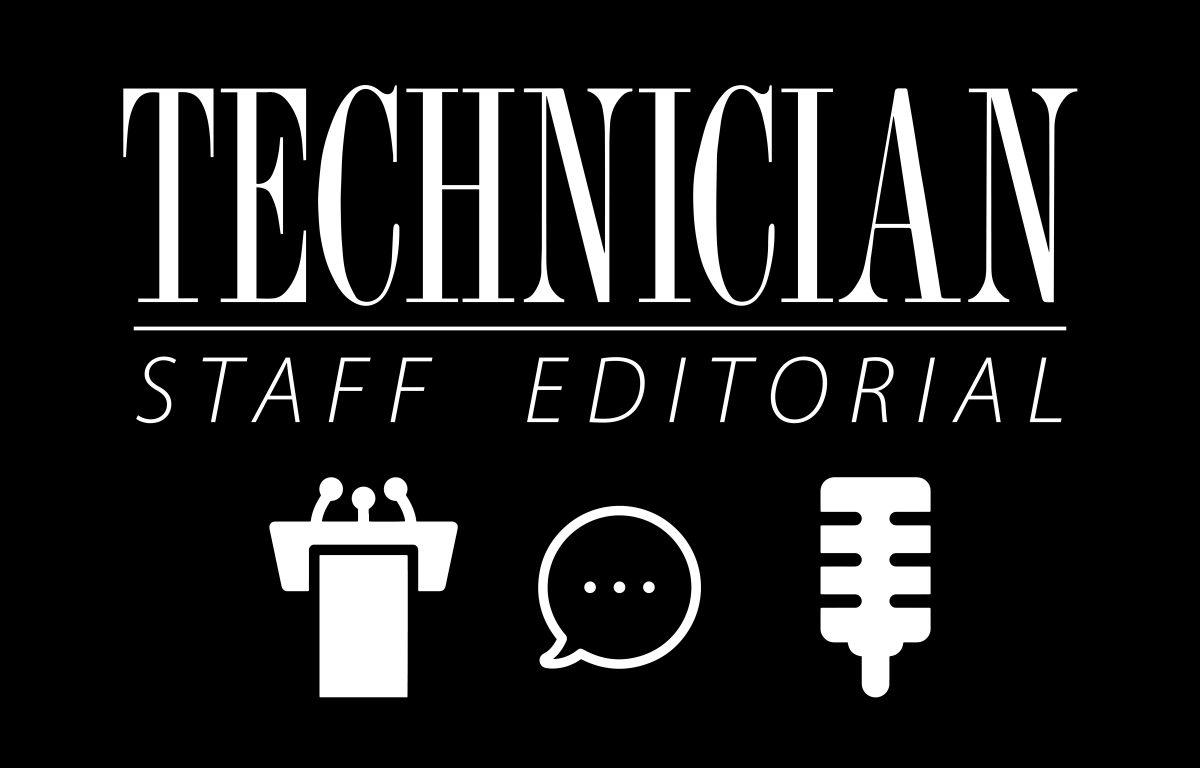Saydiel Reyes, 20, and his family came to North Carolina when he was 11, looking for “a better future, more opportunities, and a better life.” For now, Saydiel works 40 or more hours a week for his father, who owns a small construction company. Saydiel helps his family pay its bills with some of the money he earns and saves the rest — hoping one day to use the money for tuition at a four-year university.
Though imbued with a mason’s skill with stone and brick, he dreams of designing the buildings themselves. “I don’t have to be the one laying the bricks,” Reyes said Tuesday.
The college-age worker aspires to become a civil engineer. He has visited with admissions officers at ITT-Tech and UNC-Pembroke, both of which denied him because of his undocumented status.
Today, Reyes will – once again – meet with admissions officers at Wake Technical Community College and try to enroll in a two-year program — a stepping stone to his goal of attending N.C. State or Montana State University. Several months ago Wake Tech accepted Reyes, but because of his undocumented status, the college made him wait at the end of the line for class registration. He was unable to enroll in any of the classes he needed.
Though Saydiel’s life in North Carolina is far from unproductive, the immigration laws in place today stifle his potential. The United States, a country marketed as The Land of Opportunity, is hardly that for those like Reyes.
Supporters of immigration reform and unrecognized residents saw a sea change in the debate in the past year. No more talk of walls with barbed wire. We’re hearing less from Mo Brooks types, a representative from Alabama who said, “I’ll do anything short of shooting them,” and more productive discussion about how to structure the path to citizenship.
President Barack Obama’s plan to fix the broken immigration system would give unrecognized residents who want to attend university, like Reyes, a faster path to citizenship. That would, as the White House facts sheet puts it, “[Bring] these undocumented immigrants out of the shadows.”
The reform can’t come soon enough. Even the most jingoistic citizens should support this sort of reform, because it would restore the country’s economic growth. Michael Porter and Jan Rivkin, co-leaders of Harvard Business School’s United States Competitiveness Project, co-authored an article in The Economist, providing their well-substantiated suggestions to restore American competitiveness. Their first (and most visually dominant) suggestion is: “Staple a green card, giving residence, to every new graduate degree in maths science, engineering and management.”
Even now, the U.S. uses its resources to educate international students with temporary visas. When their student visas expire, the rules force them to return to their home countries, and our economy enjoys no benefit from the brilliant minds our schools strengthen.
If given the choice, undocumented students and international students would elect to stay in the U.S.
“I really like it here” in North Carolina, Reyes said, who, after graduation, would remain in the state, pursue his dream of starting his own company and, eventually, earn a graduate degree in civil engineering.
The quickest path to economic recovery is a quicker path to citizenship for undocumented immigrants.



